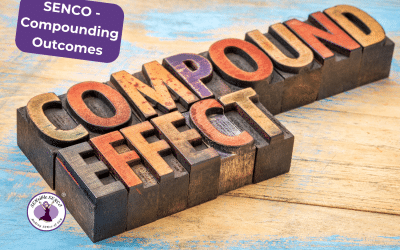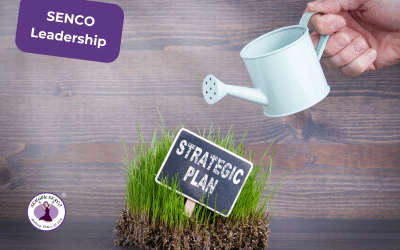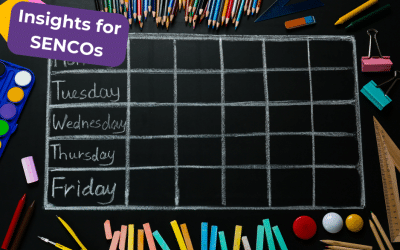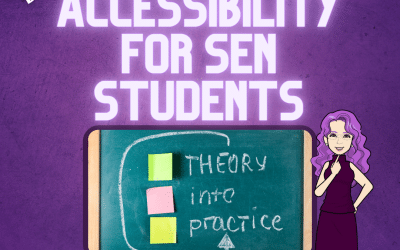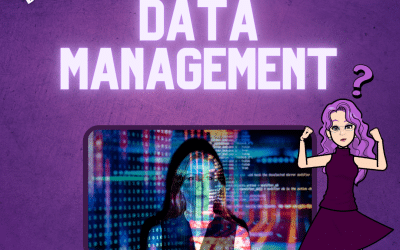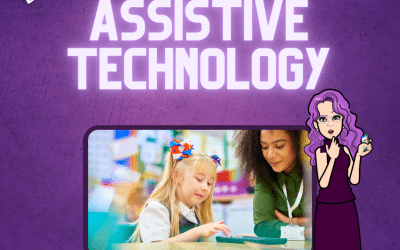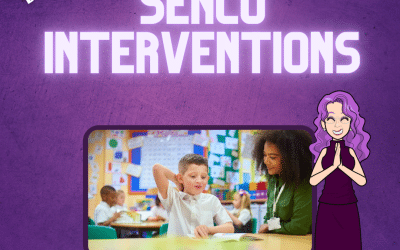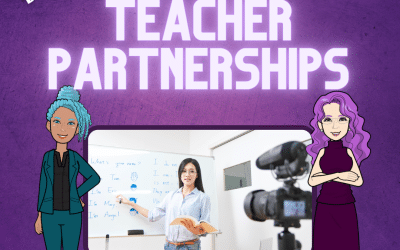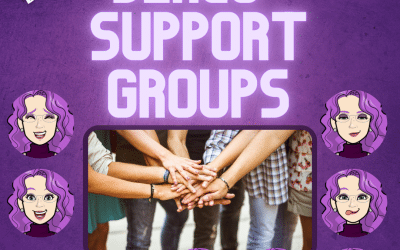Explore how incremental improvements can lead to compounding outcomes in SEN provision. Discover effective strategic planning techniques for SENCOs to enhance educational strategies and achieve remarkable success. Start making small changes today to see significant results over time.
Plans Information
Welcome to our SENCO news and updates series, where we’ll keep you up-to-date with the latest developments, trends, and best practices in the world of Special Educational Needs Coordination. If you’re a SENsible SENCO member, you get even more amazing help, advice and insights when you log in.
Aligning for Success: The SENCO as a Strategic Planner
Explore strategic planning through the eyes of a SENCO. Learn how tools like the SENCO Planner and project management software can transform your educational leadership and resource management. Start your strategic journey today!
Navigating the Journey: Understanding SEND Transitions
Explore the significance of Special Educational Needs and Disabilities (SEND) transitions in the first installment of our series. Learn how effective transition planning fosters resilience and academic success for SEND pupils. Discover key elements of transition planning and strategies for success. Join us on this journey to enhance your approach and support SEND pupils effectively.
Riding the Wave of SEMH: The Impact and Implications of Rising Social, Emotional and Mental Health Needs in Schools Part 6
Discover the importance of collaboration and communication among teachers, parents, and professionals in implementing targeted interventions for students. Learn about the benefits of effective coordination, regular monitoring, and evaluation for successful interventions.
The Role of SENCO in Reading/Spelling Age Updates
Explore the vital role of SENCOs in updating reading and spelling ages for SEN students. Learn how this data serves as a diagnostic tool, influences interventions, and informs curriculum planning. Discover the importance of collaboration and technology in the process.
Planning Support Timetables and Interventions
Dive into the art and science of planning and reviewing support provisions for SEND students. Learn how to grasp student needs, set clear objectives, create flexible timetables, and engage stakeholders like parents and support staff. Navigate the seas of interventions with precision and care.
Facilitating Staff Feedback after Externally Attended CPD
Explore the importance of facilitating feedback and sharing knowledge after attending external Continuous Professional Development (CPD) sessions in the education realm. Learn strategies for maximizing the impact of externally gained knowledge, including scheduled debrief sessions, formal feedback forms, integration into strategy meetings, peer-led workshops, and maintaining a CPD knowledge repository.
Understanding Your SEND Budget
Explore the world of SEND budgets and discover their importance in supporting students with special educational needs and disabilities. Learn about funding sources, factors determining budget allocation, and the significance of periodic discussions for effective budget management.
Accessibility for SEN Students: Strategies for Support in the UK
Discover different strategies and tools for supporting accessibility for SEN students, including assistive technology, accommodations, and modifications, and learn about the importance of promoting access and equity for all students.
Diversity and Inclusion for SENCOs: Strategies for Promoting Equity
Learn about different strategies and approaches for promoting diversity and inclusion as a SENCO, including cultural competence, sensitivity, and creating a positive school culture.
Data Management for SENCOs: Strategies for Efficient and Effective Data Use
As a Special Educational Needs Coordinator (SENCO), managing data is a critical aspect of your job. This article will provide you with practical strategies and tips for efficient and effective data use, helping you stay on top of your responsibilities while enhancing outcomes for your students.
SENCO Case Studies: Effective Interventions for SEN Students
Discover the most effective interventions for SEN students with this comprehensive guide to SENCO case studies. Learn how to support students with special educational needs and disabilities and help them achieve their full potential.
Assistive Technology for SEN Students: How SENCOs Can Support Technology Use
Learn about different types of assistive technology that SENCOs can use to support students with special educational needs, and get practical tips and strategies for implementing technology effectively.
SENCO Interventions: Effective Strategies for SEN
Discover a range of effective intervention strategies that SENCOs can use to support students with special educational needs, including assessment, planning, and monitoring.
SENCO and Teacher Partnerships: Collaborating for Success
This article explores the benefits of Special Educational Needs Coordinators (SENCOs) and teacher partnerships, effective strategies for collaboration, and examples of successful partnerships in action. By working together, SENCOs and teachers can create a more inclusive and supportive learning environment for all students, including those with additional needs.
SENCO Support Groups: Connecting with Other SENCOs
Looking for a way to connect with other UK SENCOs? Join a SENCO support group! Discover the benefits of networking and collaborating with your peers in this informal guide.



